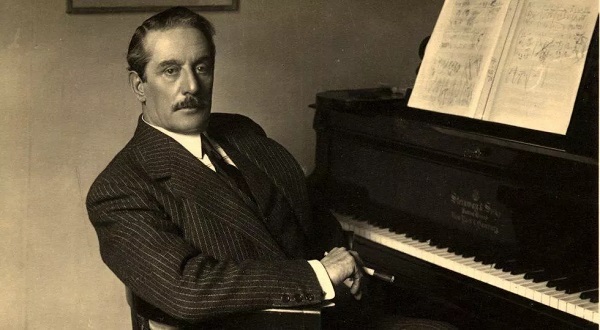Introduction:
Giacomo Puccini, one of the most influential composers in the history of opera, has left an indelible mark on the world of classical music. With his unparalleled ability to evoke raw emotions and craft mesmerizing melodies, Puccini’s operas continue to captivate audiences worldwide. In this comprehensive biography, we delve into the life, inspirations, and legacy of this musical genius.
Early Life and Influences:
Born on December 22, 1858, in Lucca, Italy, Giacomo Puccini hailed from a family of musicians. His ancestors had served as the organists of the Cathedral of San Martino in Lucca for generations. Growing up in a household immersed in music, Puccini developed an early affinity for the art form.
Puccini’s formal musical education began at the age of 14 when he entered the prestigious Milan Conservatory. There, he studied composition under Amilcare Ponchielli, a renowned composer of the time. Ponchielli’s tutelage played a significant role in shaping Puccini’s compositional style.
Operatic Triumphs:
Puccini’s breakthrough came in 1893 with his opera “Manon Lescaut.” The work showcased Puccini’s ability to create intensely emotional and melodically rich music. However, it was his subsequent works that solidified his place as a master composer.
In 1896, Puccini premiered “La Bohème,” a tragic love story set in bohemian Paris. The opera resonated deeply with audiences, capturing the essence of human passion and suffering. “La Bohème” quickly became a staple of the operatic repertoire and remains one of Puccini’s most beloved works.
Puccini continued his success with the powerful dramas “Tosca” (1900) and “Madama Butterfly” (1904). The former explores themes of love, jealousy, and political intrigue, while the latter delves into the clash of cultures and the heart-wrenching tragedy of a young Japanese woman’s love for an American naval officer. These operas showcased Puccini’s ability to weave together poignant storytelling with evocative music.
Later Life and Legacy:
In the later years of his life, Puccini faced personal and professional challenges. His last opera, “Turandot,” remained unfinished at the time of his death. It was completed by his close friend Franco Alfano, based on Puccini’s sketches and notes.
“Turandot” premiered in 1926 and showcased Puccini’s mastery of orchestration and his penchant for creating grand, sweeping melodies. The opera’s famous aria “Nessun Dorma” has become one of the most recognizable and celebrated pieces of classical music.
Puccini’s contributions to opera extend beyond his individual works. He played a crucial role in the development of verismo, a style of opera characterized by its realistic portrayal of everyday life. His influence can be seen in the works of subsequent composers such as Richard Strauss and Giuseppe Verdi.
Conclusion:
Giacomo Puccini’s compositions continue to captivate audiences and performers alike, with their timeless beauty and emotional depth. Through his mastery of storytelling, powerful melodies, and impeccable orchestration, Puccini elevated opera to new heights.
His legacy as one of the greatest composers of all time is unquestionable. From the tragic romance of “La Bohème” to the haunting beauty of “Madama Butterfly” and the majestic grandeur of “Turandot,” Puccini’s operas will forever enchant and inspire generations of music lovers around the world.


Comments are closed